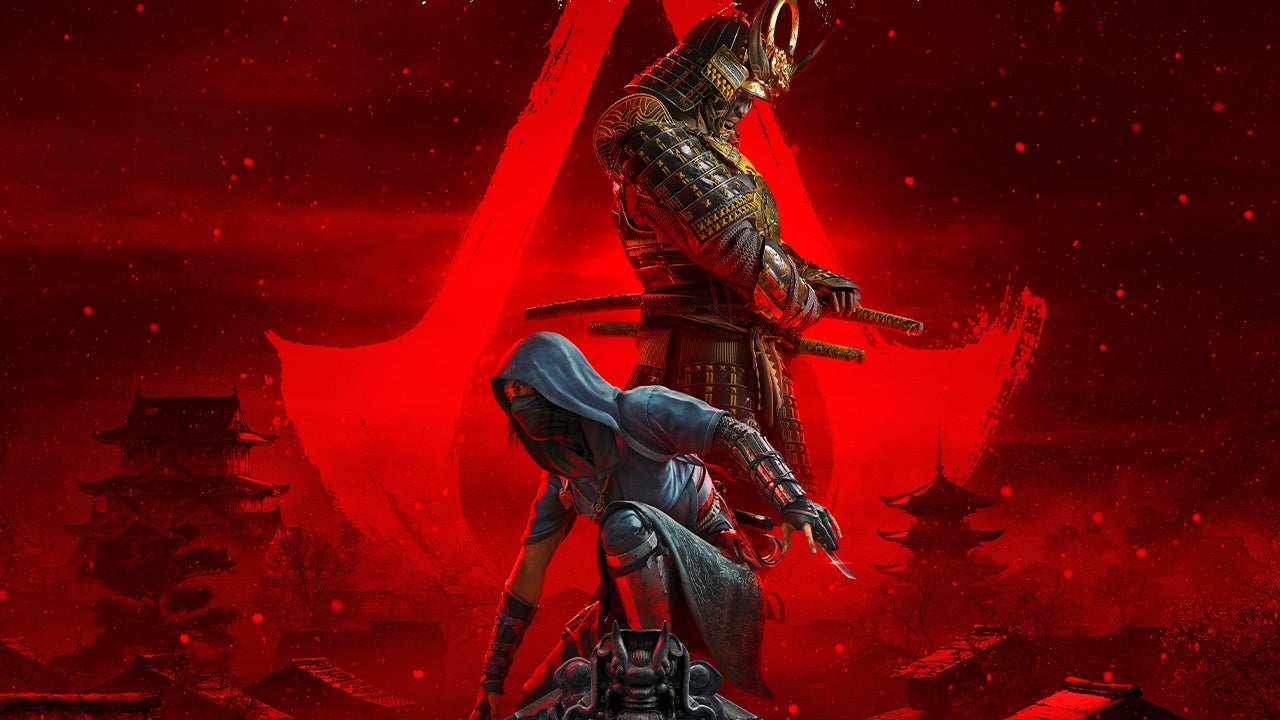The upcoming release of Assassin’s Creed Shadows has sparked a debate about historical accuracy in video games. Kenji Yamamoto, a Master of Asian Studies (MASIA) specializing in Japanese history at the University of Tokyo, claims he was blocked by Ubisoft on social media for questioning the portrayal of a key character, Yasuke.

Yasuke: A Fascinating Figure in Japanese History
Yasuke’s story is undeniably captivating. A man of African descent, he arrived in Japan in the late 16th century and eventually entered the service of the powerful warlord Oda Nobunaga. His impressive stature and fighting skills caught Nobunaga’s attention, leading to a unique position within the warlord’s inner circle.
The Debate: Samurai Status or Something More?
However, the exact nature of Yasuke’s role in Nobunaga’s court remains a subject of debate among historians. While Assassin’s Creed Shadows portrays him as a samurai, Yamamoto contends that this is a historical inaccuracy.
The Argument Against Samurai Status
Yamamoto presents several factors supporting his claim. One key point is the practice of seppuku, a form of ritual suicide practiced by samurai in situations of dishonor. Following Nobunaga’s forced seppuku at Honno-ji in 1582, Yasuke was not expected to take his own life. This suggests he wasn’t bound by the strict code of conduct expected of samurai.
Beyond the Samurai Label
Yamamoto’s argument highlights the complexity of Yasuke’s position. While he may have held a position of high regard and wielded a sword, he likely didn’t follow the traditional path of a samurai warrior. He could have been a bodyguard, a retainer, or even a confidante to Nobunaga, but not necessarily a samurai in the strictest sense.
Ubisoft’s Response and the Importance of Historical Context
Ubisoft has yet to officially comment on Yamamoto’s claims or the blocking incident. However, this episode underscores the delicate balance video games often navigate when incorporating historical figures and events.
Finding the Balance Between Entertainment and Accuracy
Assassin’s Creed games are known for their blend of historical fiction and action-adventure gameplay. While complete historical accuracy might not always be achievable, a certain level of respect for the source material is crucial. Balancing entertainment value with historical context is a constant challenge for game developers.
Open Discussion: A Positive Outcome?
The controversy surrounding Yasuke’s portrayal in Assassin’s Creed Shadows can be a catalyst for productive discussions. It encourages gamers and developers to consider the importance of historical context in video games. Perhaps it can inspire players to delve deeper into Yasuke’s fascinating story and the broader historical period in which he lived.
Looking Ahead: A Quest for Historical Understanding
The debate surrounding Yasuke’s portrayal in Assassin’s Creed Shadows doesn’t take away from the game’s potential. However, it highlights the importance of historical context and opens a dialogue about accuracy in video games. Ultimately, such discussions can lead to a more nuanced understanding of history and a richer gaming experience for players.
Frequently Asked Questions:
Q: Who was Yasuke?
A: Yasuke was a man of African descent who arrived in Japan in the late 16th century and served the powerful warlord Oda Nobunaga.
Q: Was Yasuke a samurai?
A: This is a matter of historical debate. While Assassin’s Creed Shadows portrays him as a samurai, there’s no definitive consensus among historians.
Q: Why is there a debate about Yasuke’s samurai status?
A: Historians point to factors such as Yasuke not being required to commit seppuku after Nobunaga’s death, suggesting he wasn’t bound by the samurai code.
Q: How does this controversy affect Assassin’s Creed Shadows?
A: It highlights the importance of historical context in video games and encourages discussions about accuracy versus entertainment value.




